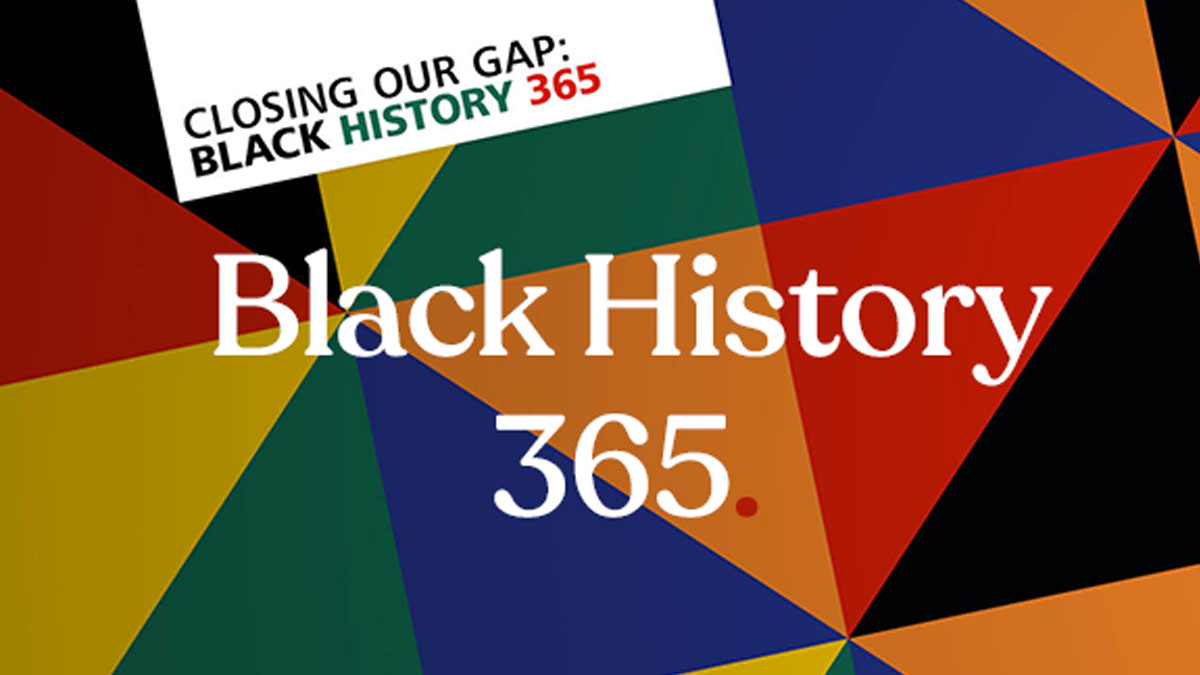Last October (Black History Month – 2022) I shared a summary of my doctoral research within the School of Nursing Midwifery and Social Work (SNMSW). I know this was an unplanned last-minute thing, but why this reluctance? The reason is simple, from my perspective anyway. I have a problem with celebrating ‘Black History Month’ Why does it have to be labelled ‘black history’, not just history? Why should ‘black history’ be allocated only a month in a year? Why can’t it be celebrated everyday seeing it is part of who we are as black people? Well, I bet you have heard these sentiments expressed elsewhere before.
Upon reflection, I realise this is where we are, as a nation and as the world, still celebrating the erasure and marginalisation of black people’s contributions in history. As an academic and researcher, I am taking the BHM as an opportunity to critically challenge this construction.
Black people’s history and knowledge systems must always be celebrated and embedded in all spheres. Confining it to one month in a year is colonising, unless we agree that it is ‘lesser than’ other histories, knowledge systems and all. It is anti- thesis to social justice, a key principle of social work! This sums up my rant and here begins my contribution to the 2023 BMH! Unmasking coloniality of knowledge in social work education and making marginalised knowledges, research, and teaching methods visible in the curricula, is the pillar of my developing thesis. At CCCU we have a significant number of students from the global south, and this mirrors our UK service user population. It goes without saying that our social work curriculum, or that of any other discipline, must reflect this if we are serious about social justice, equality, diversity, equity, and (I would add) epistemic justice (the injustice related to knowledge.) What then am I doing about this / where am I going with this?
The erasure of black people’s contribution in history begins with what Gayatri C. Spivak calls ‘epistemic violence’ that results from epistemic injustice. Therefore, it is poignant to begin my contribution by introducing a different way of being and being in the world. I draw upon my lived experience of ubuntu, a Southern African philosophy of being, expressed through the phrase ‘I am because we are’, and a decolonial lens through which I see the world. Growing literature on ubuntu depicts the philosophy’s multiple dialects, applications, and limitations. However, for the purpose of this blog I want to draw the reader’s attention to ubuntu principles which can be useful in diversifying and enriching our social work curriculum.
The three key principles of ubuntu are relationality, historicity, and particularity.
- Relationality refers to the interconnectedness and interdependence between the individual and their community, thus rendering the individual inseparable from their community. This inseparability means accountability to the community.
- Individuality (not individualism) refers to the uniqueness of the individual. Every human being has a body, mind, and soul. In ubuntu these are seen as inextricable and cannot be treated separately hence they are relational and therein lies the uniqueness of the individual, which is place specific and time specific. Thus, valuing human dignity means the individual is primarily seen as human; valuing human rights and social justice breaks down stereotypes regarding race, gender, ability, language, and culture.
- Identity (who people identify as and with) refers to belongingness, authenticity of persons and true value of people’s knowledges.
Ubuntu philosophyoffers an alternative way of being and knowing and thinking. It emerges from the margins as decoloniality, and has the potential strength for decolonising the curriculum. I recently shared ubuntu principles with social work team colleagues and continue to share with students as we begin our journey of decolonising the curriculum, bringing in diverse perspectives, knowledges, epistemologies, and pedagogies that reflect our diverse student population.
Thank you for reading!
Siliba Sibanda is a Senior Lecturer and Doctoral Researcher in Social Work at the University.
 Expert comment
Expert comment Emma Grafton-Williams
Emma Grafton-Williams 1884
1884


